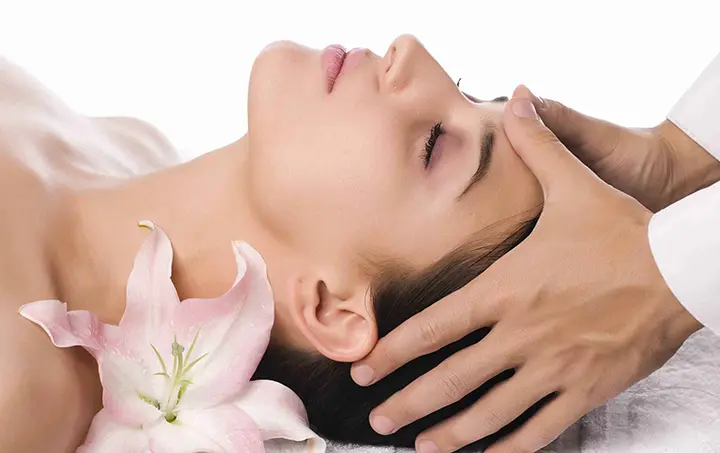Massage as a general term regards the activities of pressing, rubbing and manipulating your skin, muscles, tendons and ligaments. It used to be accessible only through luxury spas and upscale health clubs. Nowadays, massage therapy is offered in businesses, clinics, hospitals and even airports.
Massage may well range from light stroking to deep pressure. Therapists often use their hands and fingers for massage, but may also use their forearms, elbows and even feet.
If you’ve never tried massage, find out about what to expect during a massage therapy session and its potential health benefits. To start, it’s important to recognize that there are many different kinds of massage, including these common types:

Small knots or areas of tight muscles can developed in a muscle when it is overworked of injured. This type massage focuses on those specific areas.
Long strokes, kneading, deep circular movements, vibration and tapping are used in this gentle form of massage to help you relaxing and energizing
As the name implies, this massage focuses on people involved in sport activities to help prevent or treat injuries..
Studies have demonstrated the benefits of massage and define it is an effective treatment for reducing stress, pain and muscle tension. It involves caring, comfort, and a sense of empowerment. Beyond the feeling of well-being, medical massage plays an important role in the treatment of a wide range of medical conditions and situations, such as:
